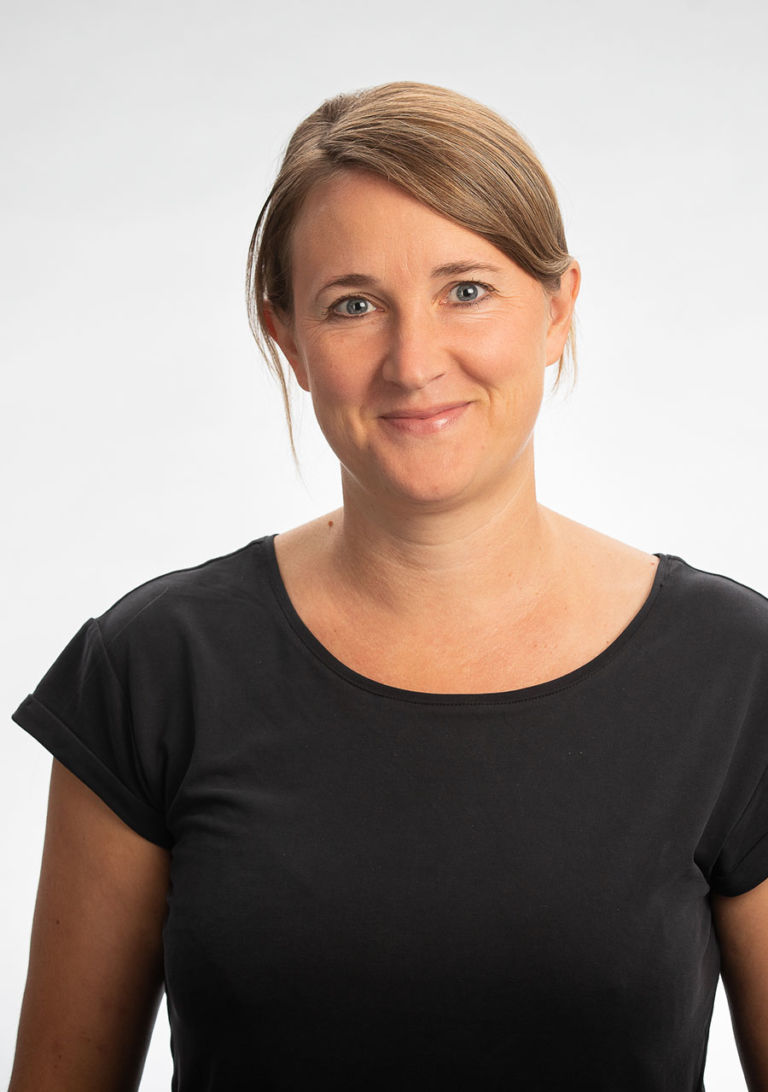Why sun protection testing matters
Reliable testing ensures that sunscreen products deliver the UV protection they promise – both in the UVB and UVA spectrum. This not only protects the skin but also strengthens consumer trust.
Vulnerable skin, especially in babies and children, requires dependable protection. Dermatologically validated sunscreens make a meaningful contribution to long-term skin health and preventive care.
Our ethical standards – Why Dermatest no longer offers ISO 24444:
This method involves inducing sunburn on test subjects to assess UVB protection. Since the end of 2022, we have discontinued this test based on ethical reasons. Our internal guideline is clear: We do not perform tests that deliberately cause skin damage – particularly when validated, non-invasive alternatives are available.
For this reason, Dermatest, as a member of the ALT-SPF Consortium, has actively contributed to the evaluation, characterization, and comparison of alternative SPF testing methods that are less invasive, more precise, and more cost-efficient.
Flexible Testing and Preliminary Screenings
If the SPF level of a product is still unclear during development, we offer preliminary screenings. These correspond to half of the full test and provide an initial estimate. The test can later be completed for official SPF labelling.



